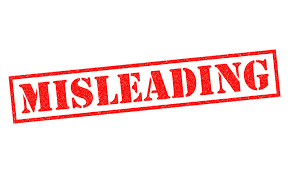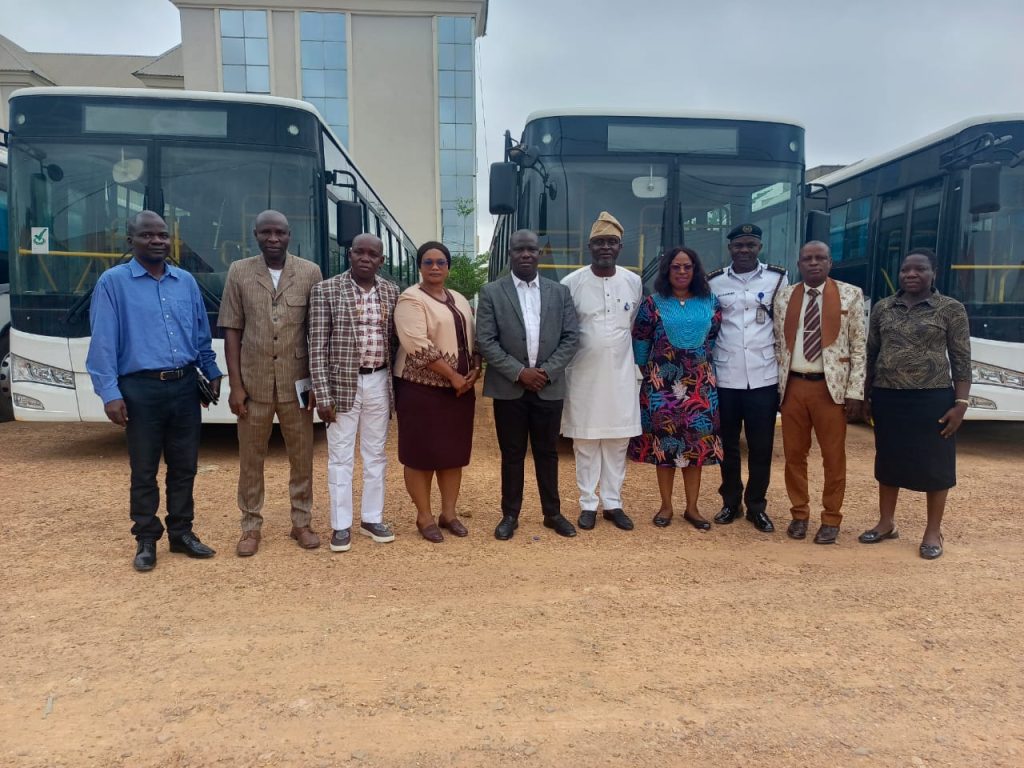Repositioning public secondary schools
Repositioning public secondary schools
By Bayo Fasunwon
|
Among the Nigerian Pentecostal movement is the saying that Europe brought the gospel to Africa and Nigeria to turn their fathers from darkness to light in those days. Now, is the time for Nigeria and Africans to take the gospel back Europe to turn their former teachers from darkness to the light that Jesus Christ brings?
This thought is the key to the revolution that is needed in Nigeria’s public secondary schools today. Many private secondary schools’ Proprietors are products of public secondary schools who wish to rekindle and re-ignite their feelings impacted in their experience of secondary school live.
They had therefore borrowed from the organisation, structure, infrastructure, and ideals that were in existence in their days as secondary school students, re-packaged, and institutionalized them in their private schools for service deliveries, at a price. While the orientation of the public schools they cut their teeth from was established on the philosophy of child training and philanthropy, theirs are set up based on child education and profit. There is a lot of difference between child training and education. A trained child is equipped with instruments and capacity to survive in every circumstance of life, while education equips the child with enough information to pass particular examinations. This is just a digression. What do public secondary schools need to rekindle?
The strength of the public secondary schools of the pre-1990s was the boarding school system. In the boarding school, students are kept in seclusion from worldly distractions and are isolated from the rat race of life and made to focus on their main quest – education with training. In the boarding school, a regimented life is strictly adhered to, with discipline and adherence to instructions enforced. These mould the character of the student and teach such the virtues of focus and determination. While a student may not like the trainings of the boarding, school, years after, the ‘bitter experiences’ become sweet memories. I have gone round many secondary schools, and discovered sadly that the facilities for boarding schools are present and rotting away, while students who should be confined to study roam the streets like vagabonds in city of Babylon. Most private schools have made hostel accommodation compulsory, if not for all students, for some categories of students. This gives the opportunity for enhanced teaching, closer monitoring of students, and identification of talents. It is in this confinement that characters are shaped, and philosophies of greatness are impacted into the lives of the leaders of tomorrow. The good boarding system in operation in the public secondary schools then programmed each child into being a goal-oriented pupil. Sports, knowledge, socials, and even religion are fed into the sub-consciousness of each child and these in later years increase the sharpness, brilliance, radiance, and intelligence of the child.
The major constraint to academic, moral and positive social development of many public students in recent times is traceable to the limited hours spent with their teachers. The need to spend quality time with teachers is also understood by the Creator in the Bible, where He promised not to take away the teachers from the students. In a normal public school setting, teachers and students interact only within the hours of 8a.m and 2p.m, Mondays to Fridays. That is, 30 hours, out 120hours. The student is left alone to maneuver his way through the rigors of life 75% of the time. In the boarding schools, student-teacher interactions take 75% of the time, and this is the advantage that private schools have. In the boarding schools, extra lessons are organized, educative games are encouraged, and counseling sections are appropriate. The boarding school system encourages programmed and monitored development for secondary school students. Now, in most public schools, the students listen to their teachers less than they listen to the distracting voices in the streets. For the public schools to get back on track, the boarding school system should be considered, at least for some classes.
Can a boarding school exist in a free education environment? The private secondary schools are not doing so. There is a need to revisit the States’ free education policy. The idea behind the policy stems from the perception that Nigeria is so rich that she should be able to guarantee free and accessible education to her 150 million education seekers. Given the recklessness and corruption of past governments in Nigeria, and the dilapidated infrastructures in Nigeria, that idea may not be practicable. The free education being practiced in any part of Nigeria today is mostly a fraud. Governors are just playing to the gallery, and toying with the future of the youths in Nigeria today. Free education, without classrooms, without teachers, without furniture, without teaching aid, without basic infrastructures? Free education indeed! The truth is that while State Governments may not charge heinous fees like Sherlock Proprietors, they can charge enough to maintain the sanity and improve service delivery in the public schools. While property tax, education tax, and social responsibility tax may be imposed on citizens to finance public secondary schools, multiple tax system has always crumbled societies. Given the principle of marginal revenue, more parents would not mind paying a subsidized fee to have their children in a standard public secondary school. Many parents are groaning under the burden of high school fees in private secondary schools (some even charge more than a University), but are left with no choice, thereby increasing their propensity towards corruption. Most of those chanting free education have their children in fee paying private secondary schools. Let us be sincere and hold the bull by the horn, public secondary schools can only survive if funds are made available, by government and subscribers to the services.
Prosperous and resourceful private secondary schools have one thing in common. They have enough staff to meet the needs of their students. The teacher-student ration is at most 1:45. Some even have a staff to two students for counseling. Hence, the attention given to students is intense, and productive. Mentoring is therefore easy, and enjoyable. Such however is not the case in public secondary schools, where the teacher-student ratio may be 1:80 and above. A quiet student in the class would often go unnoticed, while the garrulous ones would be ostracized often. The individual needs of students are not discovered, and even if it is, who cares? The teachers in the public secondary schools are over burdened, to say the least. In normal climes, a secondary school teacher has to teach only one subject in order to be effective. However, due to the paucity of teachers, it is not uncommon to see a Physics teacher in senior class, teaching mathematics in lower classes. Specialization improves efficiency, we ought to know. Teachers have become wiser in setting examination and test questions. Such questions must be such that could be easily marked due to the large number of scripts. Teaching also becomes an arduous task and counseling is not intense, but just advisory. Understaffing affects the career choices of students in years to come and the nation suffers for it. In those days, foreigners and citizens formed the bulk of teachers in public secondary schools, thereby giving students the feeling of ‘international training’. Now, many trained teachers have become Okada riders because governments, hiding under the ‘no funds’ mantra have refused to employ capable hands into the education sector. Unfortunately, this trend also continues in government tertiary institutions. Government is killing education by deliberately reducing the staff strength of these institutions.
Now, public secondary schools have to rely on students on teaching practices, N-power, and NYSC corpers to boost their teaching strength. The commitment of these seasonal staff is however not guaranteed. In the past, when PTA fees were allowed, the Parents Associations were able to employ some teachers and pay their salaries to cover up the laxity of government. However, government became a dog in the manger and stopped the fees. There seems to be a government strategy to eradicate the education of the masses in Nigeria.










